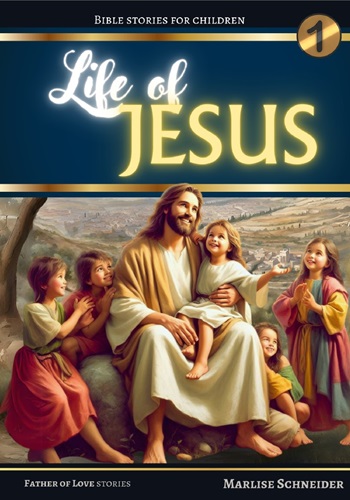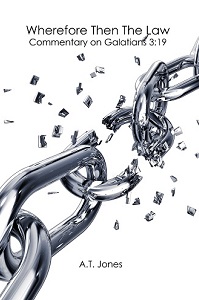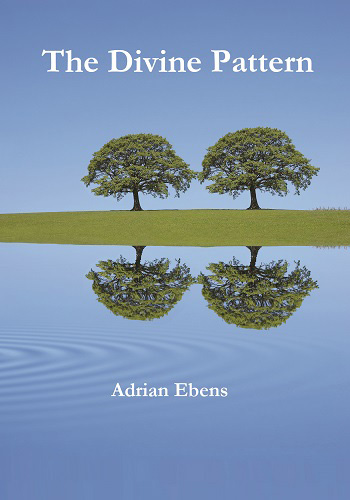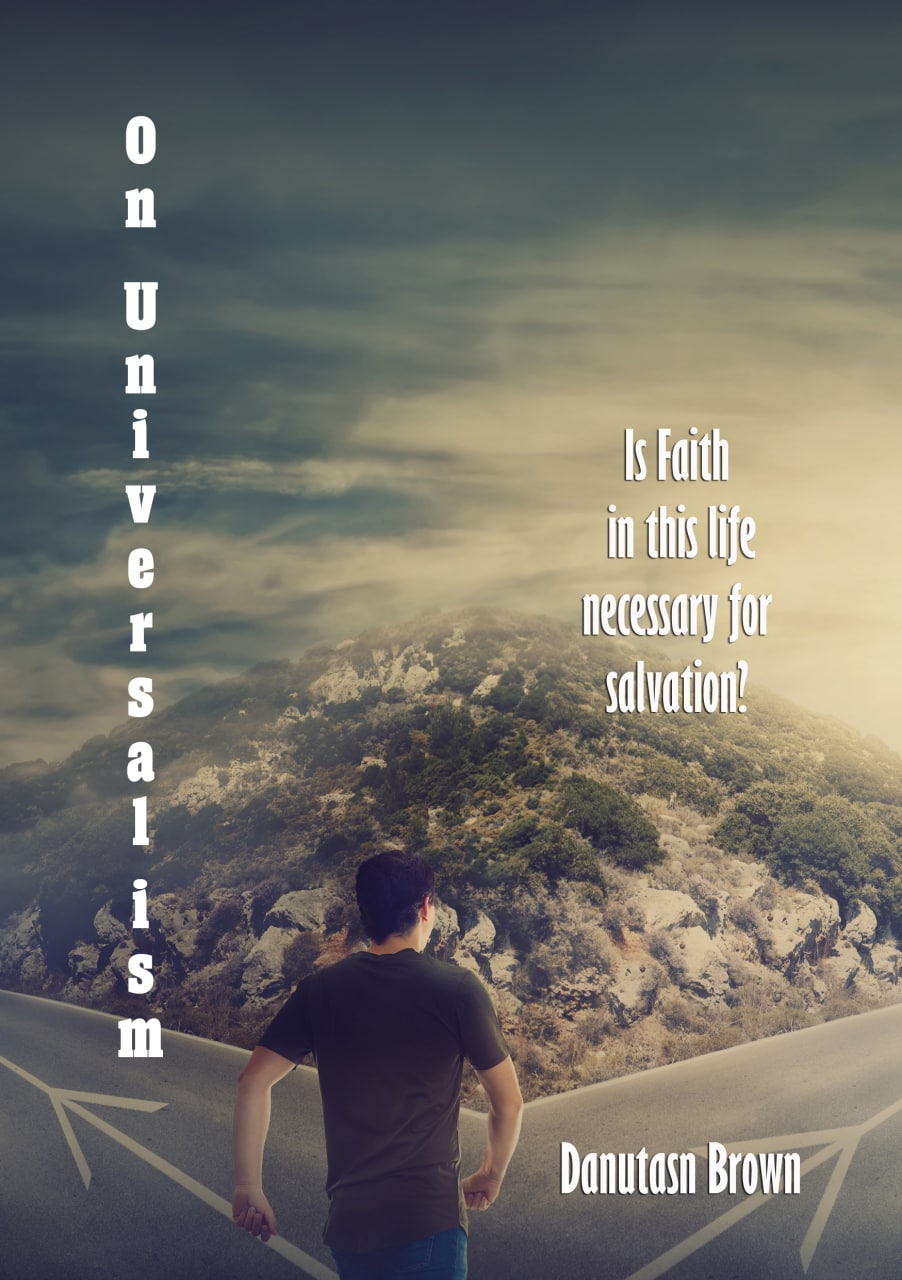Robert Wieland on the Two Covenants
These thoughts by Robert J. Wieland helped me understand better the Two Covenants.
Our human covenants are always two-sided affairs, each party making commitments, giving mutual promises, and then sealing the deal by a handshake or signature. We naturally think of God's covenant in the same way. He makes His promise; I must make mine. He'll do His part; I'll be sure to do mine.
But the fatal flaw in this reasoning is that it puts God on a kind of equality with ourselves, as though He were the next-door neighbor. We, full of self-sufficiency, feel like shaking hands--that's a good bargain, and we'll do just what He says, toe the line, keep His commandments, etc. If such a program could somehow land us in heaven, we'd be bursting with pride. No crown of gold would be big enough to fit our heads. "See? I made it! Well, ... the Lord and I. He did His part; I did mine."
But God's covenants are always one-sided promises, for He knows we cannot keep our own. Whoever deals with Him must deal with Him on His own terms--that He is everything and we are nothing but recipients of His grace. After Noah's Flood we read that the Lord made a covenant with "the birds, the livestock and all the wild animals" (Gen. 9:9, 10, NIV), yet what promise could they make in return? All they could do was receive the promised blessings at His hand, as they still do to this day. "Your heavenly Father feedeth them" (Matt. 6:26).
The two covenants--old and new--are not accidents of time, so that all who lived before Christ were automatically under the old and all who live in our era are automatically under the new. Sad to say, sincere people today can live under the old covenant and not know it; and there were believing ones in Old Testament times who lived under the glorious liberty of the new. The difference was their faith. (The old covenant is called "old" because it was ratified first with the blood of animals; the new was ratified later by the blood of Christ, the "Lamb slain from the foundation of the world," Rev. 13:8.)
The "Good News" of the new covenant is that it is founded on "better promises" than ours (see Heb. 8:6, 7), "better" because they are the promises of God: (1) "I will put my laws into their mind, and write them in their hearts"; (2) "I will be merciful to their unrighteousness"; (3) "Their sins and their iniquities will I remember no more"; (4) "All shall know me, from the least to the greatest" (vss. 10-12).
That is heaven, and it starts even now.
--Robert J. Wieland
From: Signs of the Times, "When God Fooled Everybody by Keeping His Promise," April 1984.





